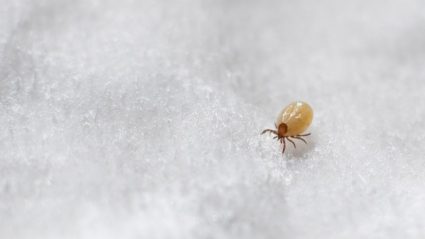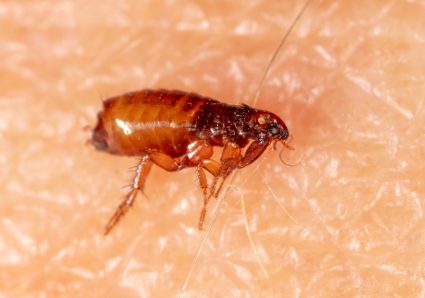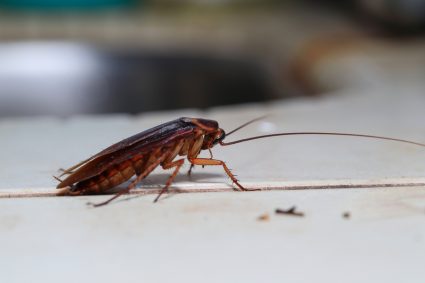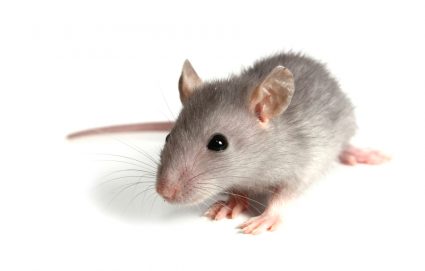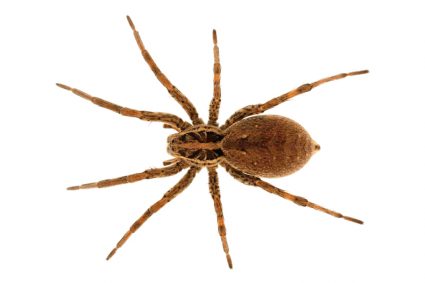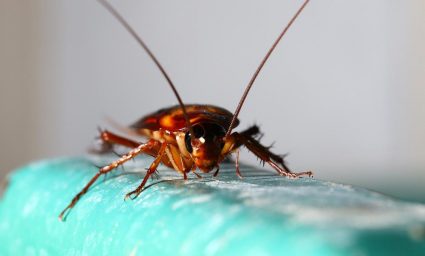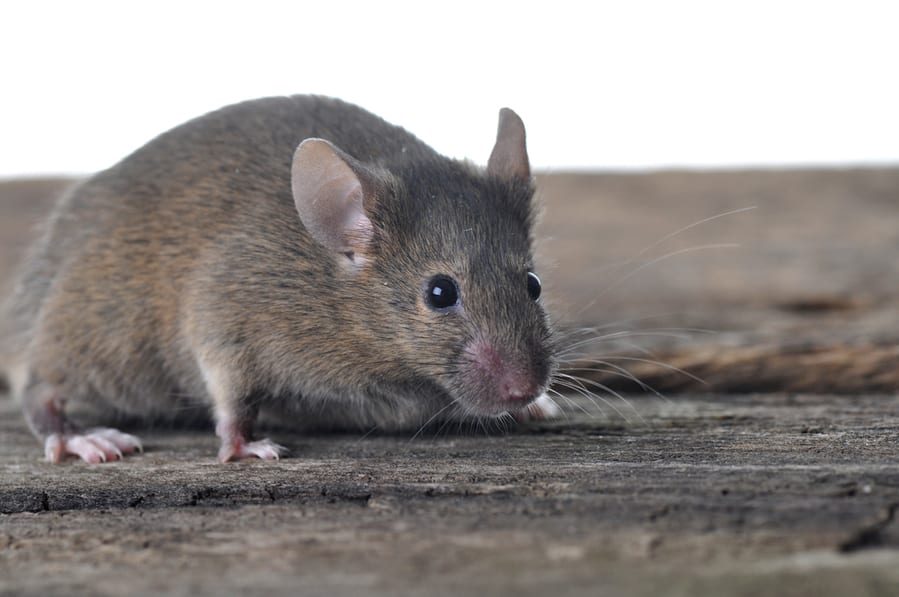
Having field mice around the house can be scary, irritating, and uncomfortable. In addition, you can find their feces droppings around some corners of the house, bringing a foul smell that is toxic to human health. All these signs indicate their presence.
However, before you panic and start seeking a way out, you should find out how they got inside.
This article will look at common ways field mice get into houses and how to keep them out for good.
Field mice can enter your house through the following:
- Tree extensions.
- Open pipes and drains.
- Cracks or openings in walls and ceilings.
- Certain home items like firewood, Christmas trees, and trash can.
The guide will discuss these in detail and ways to deter these unwanted small-bodied creatures.
In the sections below, we will discuss four possible ways field mice can get into your house and answer some common queries about their infestation.
But before all that, let’s peek at what these pests look like.
What Does a Field Mice Look Like?
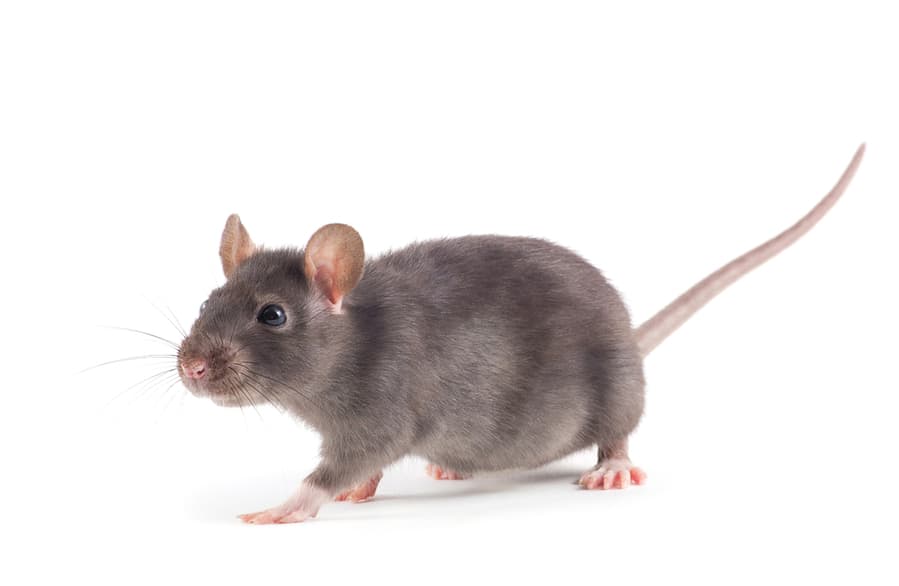
Field mice are different from the usual mice you see around. You could deal with the ordinary house mouse and mistake them for field mice.
Unlike house mice, field mice are brown/grey, but their belly region and hands/feet are white. They also have shorter ears and shorter/hairless tails.
House mice are usually light brown/grey and have oversized ears and long hairy tails. They also urinate around the house as a way of marking territory.
Field mice barely urinate around, but you can also identify them by their poop. Their poop is usually pointed, while house mice excrete shorter poop.
They feed more on plants but can be omnivores when they want. House mice eat anything from junk to food and fiber. Enough about what they look like. Now let’s identify some ways they enter houses.
4 Ways Mice Get Into Houses
Nobody enjoys keeping field mice as a pet. All you want is to have these critters eliminated. But, without detecting their routes into your home, this becomes unachievable.
Getting to know how they get in helps you to prevent subsequence entry.
So how do they get into houses? Here are four possible ways:
1. Through Tree Extensions
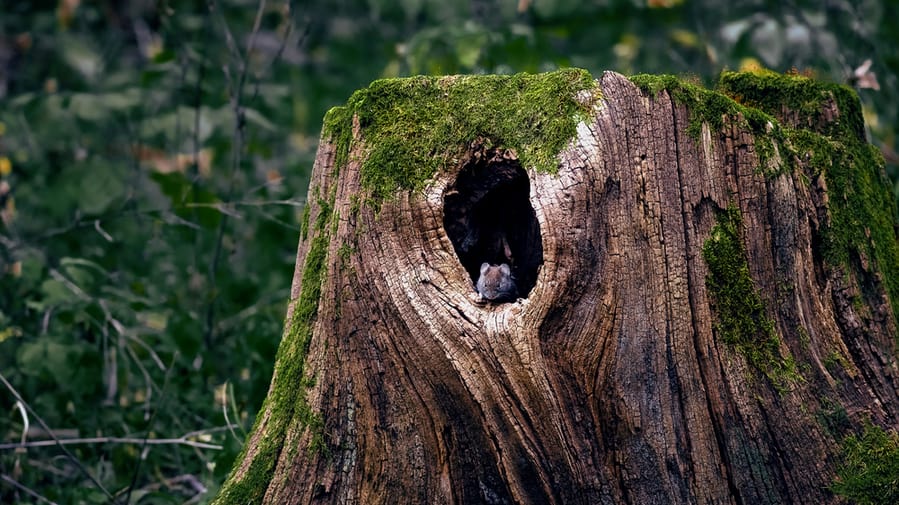
As their name implies, field mice come from fields, lawns, and woods. So expect some mice if you have a tree branch extending into your backyard from the woods.
These field mice are good climbers and can quickly move from the tree into the house through any space. Once they have come into the compound through those branches, getting inside the house won’t be difficult.
2. Through Pipes and Drains
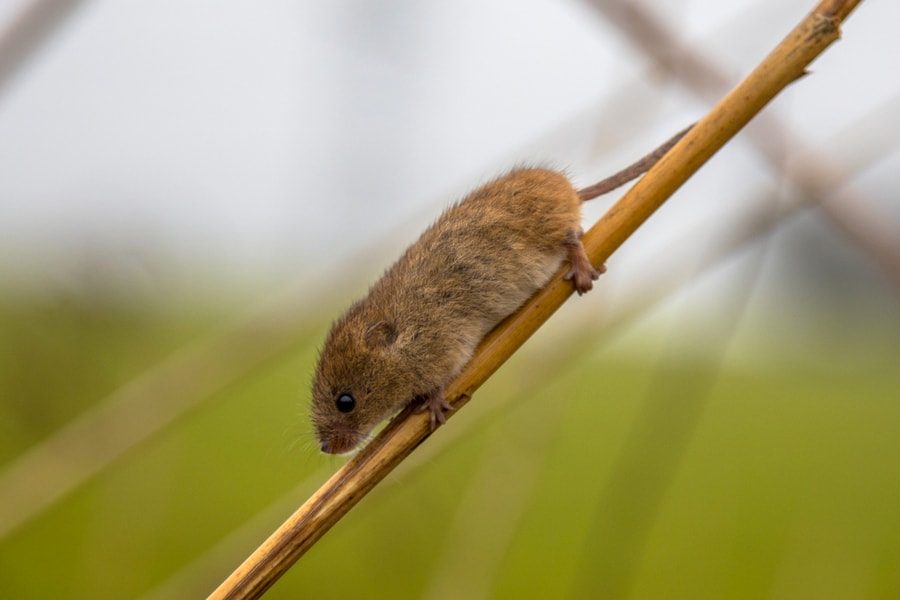
Although field mice are mostly outdoor critters, they can get into the house through sewage pipes and kitchen/bathroom drains. Unfortunately, most homeowners leave their drainage pipes open-ended, and that’s risky.
Some homeowners connect their pipes to their backyard and leave them open so water flows out easily. They may not be wrong by doing so, but field mice could come from the woods and squeeze themselves through.
These mice can climb the bathroom or kitchen pipes and push themselves through the drains.
3. Through Holes in Walls and Ceilings
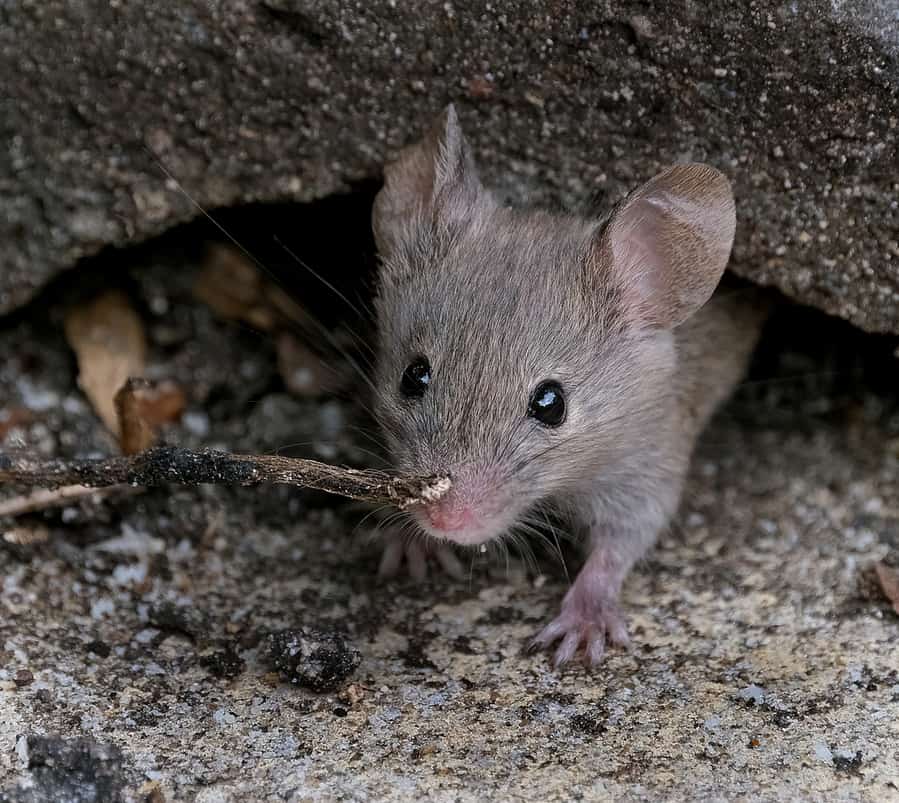
Dilapidated structures usually have holes in them. When a building ages, its walls and ceilings weaken, making field mice quickly push through.
Field mice are resilient in getting what they want, especially when they perceive good food. If they find a tiny space, they squeeze through it and get to whatever they perceive.
Openings around the house, e.g., vents and chimneys that are not in use, could help field mice enter and exit. The basement and garage are also great spots for the field mice to come through.
4. Through Certain Items
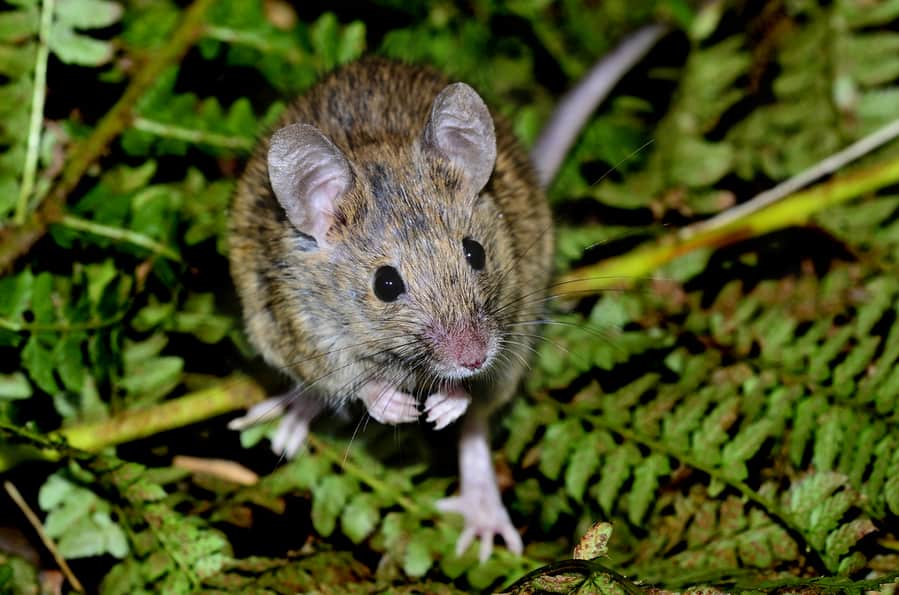
Field mice can attach themselves to anything, especially trees/wood. So if you get some firewood for your fireplace or cut down a Christmas tree, ensure you examine it thoroughly.
Failure to examine these items may lead to field mice infestation because they may just be lurking around the objects.
Another item to consider is your trash can. Leaving your trash can outside for a while and bringing it back without clearing/cleaning it isn’t so great.
Field mice will lay their sharp incisors on any edible thing and stay in that area for a while. Then, finally, they are ready to live in your trash can unless you take adequate measures to ward them off.
How To Remove Field Mice From the House
It is not enough to know where field mice enter to get into your house. You should know how to exterminate them. Below, we give you some extermination options to consider:
1. Call a Professional Mice Exterminator

If you are one of those people whose sight of a mouse horrifies you, you should reach out to a pest exterminator. When the exterminator comes around, they will inspect your house correctly to know where the mice are coming from.
Most exterminators begin by fumigating the entire surrounding. Then, they set traps or use bait to lure the mice. Lastly, they kill the mice in the sport or take them away.
Booking an exterminator isn’t as expensive as you may expect. Most of them offer free consultations and charge only for extermination.
2. Cover Up Holes and Cracks
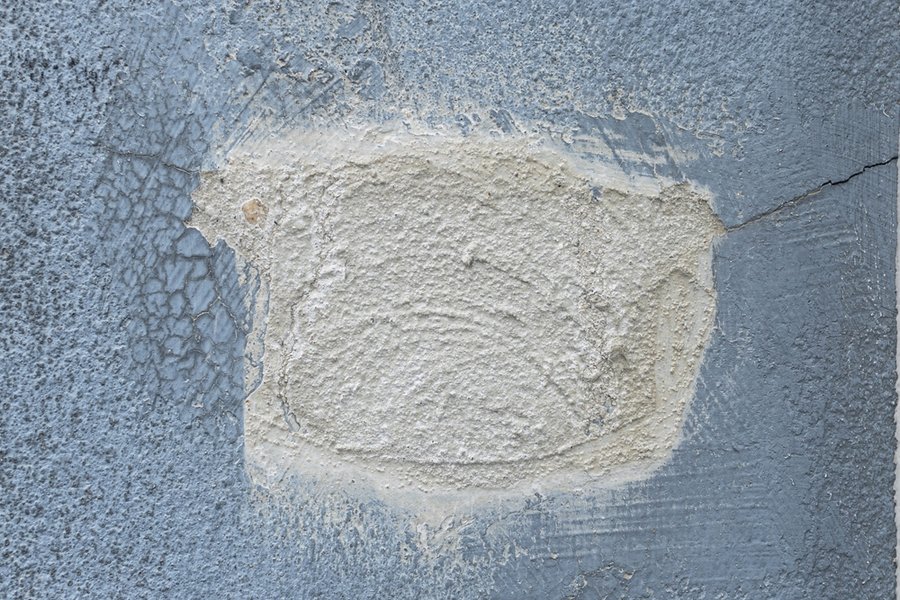
Holes and cracks are part of the significant causes of field mice infestation. You can contact a carpenter or plumber to repair the ceilings and cover/replace old pipes and drainage.
You can also use a wire mesh around your garden or foundation to limit mice entry. Check on the mesh often and change it when it wears out.
3. Use Natural Mice Repellents

The smell of vinegar irritates mice, and they will avoid the scent at all costs. Cayenne and hot pepper also repel field mice, and you can sprinkle the pepper powder around.
Essential oils like peppermint, clove, and cinnamon oil will deter mice from your house. The oils will also discourage the mice from coming around permanently if you keep using them.
Mix the essential oils with water, put them in a spray can, and spray around for the best results. These oils also leave your house with a pleasant scent since most of these mice stink.
Conclusion
There you have it. Bug and critter infestation is always a nightmare, but you can wake up from it and not have it again.
You would only have to set aside a day or two to clean up and spray the repellants around.
It’s best to involve a pest control agency when things become unbearable.
Your health and your family are essential, and you must protect them at all costs. Rest assured, the tips in this article will help you.
Frequently Asked Questions
Are Field Mice Dangerous?
Sure, they are. Apart from spreading toxic particles around the house from all the dirty corners they explore, they do more. If a person inhales the gas from their feces, it could lead to allergies and hantavirus.
Can My Cat Scare Off-Field Mice?
Yes, it can. We all know how cats and mice are sworn enemies. Your cat would effectively take up the duty of warding off any mice. If you don’t mind their meow sounds, you can consider keeping one as a pet.


